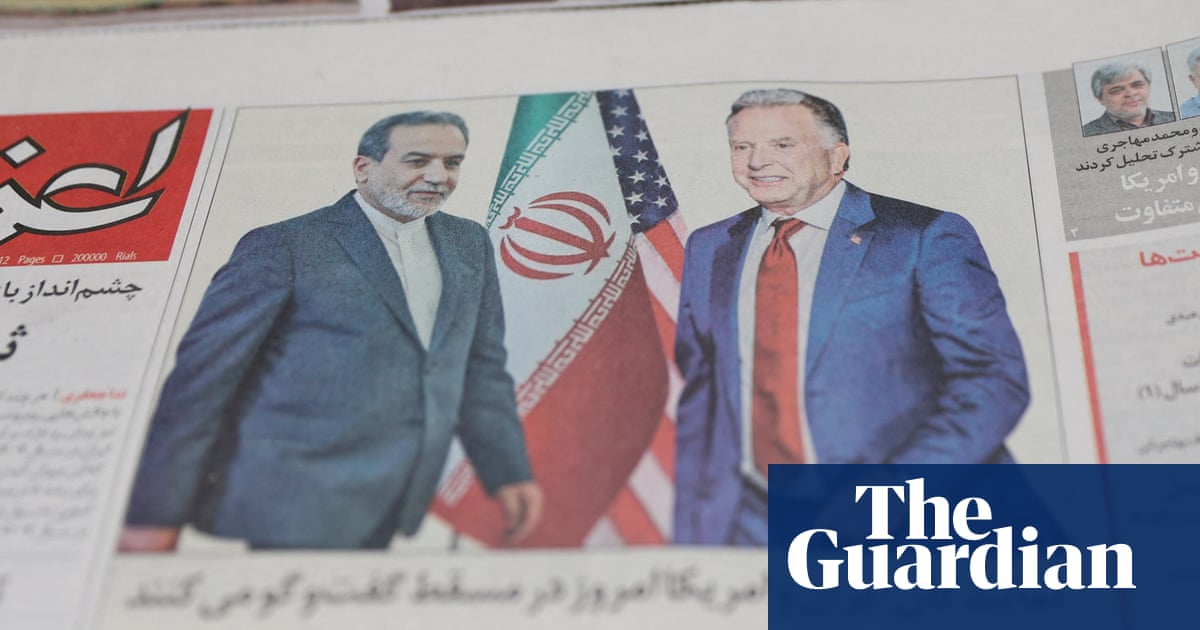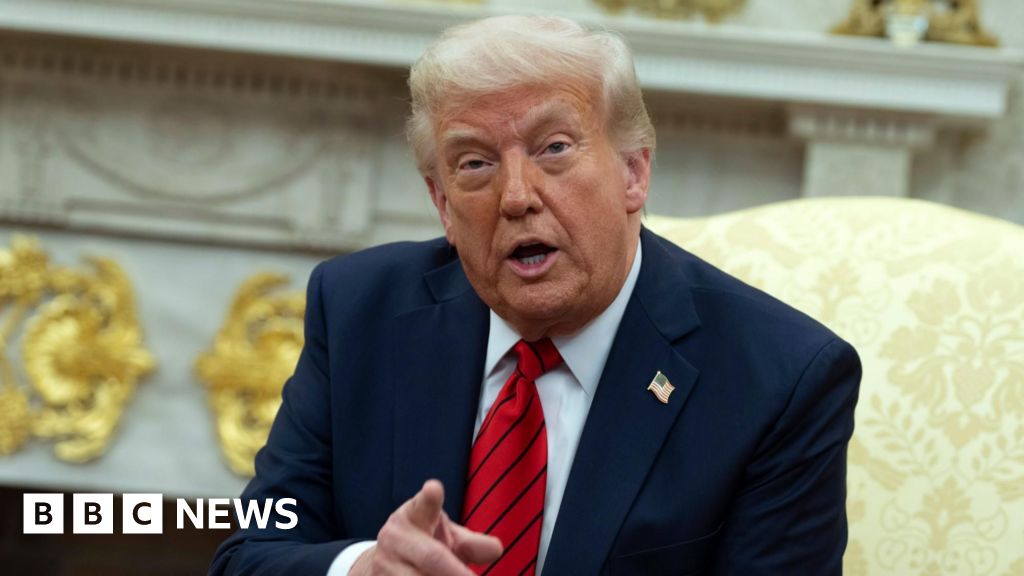Iran's Top Negotiator Remains Hopeful for Nuclear Agreement with the US

In a significant development regarding global nuclear diplomacy, Irans chief negotiator has expressed cautious optimism about the potential for an agreement concerning the countrys nuclear program with the United States, provided that the U.S. approaches the discussions with a realistic mindset. This statement comes as both nations prepare to resume indirect negotiations in Rome on Saturday, facilitated by mediators from Oman.
Abbas Araqchi, Irans Foreign Minister, and Steve Witkoff, the U.S. Middle East envoy, are set to engage in these critical talks after a previous round held in Muscat, which both parties characterized as constructive. Araqchi stated, If they demonstrate seriousness of intent and do not make unrealistic demands, reaching agreements is possible, during a press conference in Moscow following discussions with Russian Foreign Minister Sergei Lavrov.
Despite this glimmer of hope, Iranian officials are working to temper expectations regarding the timeline for a potential agreement. Supreme Leader Ayatollah Ali Khamenei conveyed a balanced outlook, asserting that he was neither overly optimistic nor pessimistic about the forthcoming negotiations.
The backdrop of these talks is tense, particularly in light of previous threats from former U.S. President Donald Trump, who suggested military action against Iran if a nuclear deal could not be reached. In remarks made to reporters on Friday, Trump stated, Im for stopping Iran, very simply, from having a nuclear weapon. They cant have a nuclear weapon. I want Iran to be great and prosperous and terrific. Trump's administration withdrew from a landmark nuclear agreement in 2018a pact that had been established in 2015 between Iran and six other nationsand reinstated stringent sanctions against Tehran, a strategy often referred to as maximum pressure.
As negotiations unfold, the primary concern for the U.S. remains Irans production of highly enriched uranium, which the U.S. fears could be utilized in the development of nuclear weapons. Conversely, Tehran has consistently maintained that its nuclear ambitions are peaceful in nature. While Iran has indicated a willingness to negotiate certain limitations on its nuclear program, it insists on receiving robust guarantees that the U.S. will not renege on any agreement, as it did in 2018.
Araqchi emphasized that Irans right to enrich uranium is non-negotiable, a point that directly counters Witkoffs call for a complete cessation of uranium enrichment activities. Since 2019, Iran has breached the limits set by the 2015 nuclear deal and has significantly increased its uranium enrichment levels, producing quantities that exceed what is deemed necessary for a civilian energy program.
The urgency surrounding these negotiations has been underscored by comments from Rafael Grossi, the head of the UN nuclear watchdog agency, who stated in an interview with the French publication Le Monde that Iran is not far from being able to produce a nuclear bomb. Grossi, following his discussions with Iranian officials during a recent visit to Tehran, noted that the U.S. and Iran are currently at a very crucial stage in the negotiations and emphasized that they dont have much time left to reach a viable agreement.



























